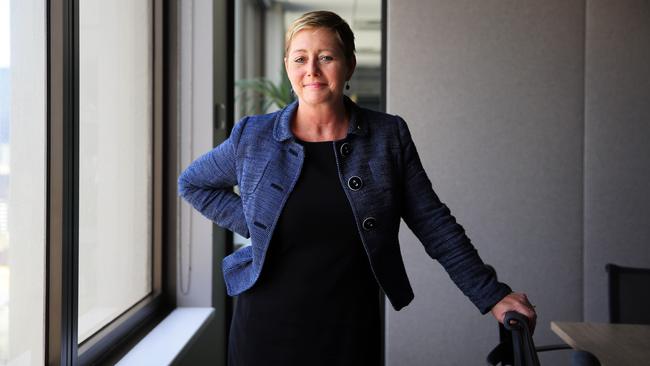IFRS Foundation moves to develop sustainability disclosure reporting standards
The body responsible for international accounting standards will create a new board to develop minimum sustainability disclosure requirements for companies around the world.

Global calls for more rigorous and comparable sustainability data have been answered, with the body responsible for international accounting standards saying it will create a new board to develop minimum sustainability disclosure requirements for companies around the world.
The IFRS Foundation is hoping the new International Sustainability Standards Board (ISSB) will elevate sustainability reporting to the same level and widespread use as financial reporting.
Accounting firm KPMG advised clients on Thursday to prepare for the possibility of “rapid implementation”, given the urgency of the request for the foundation to act.
KPMG global chairman and chief executive Bill Thomas said the development was a “watershed moment” for sustainability disclosure standards.
“You can’t change what you can’t measure, and the creation of globally consistent and transparent sustainability disclosure standards will strengthen our capital markets by helping investors and business leaders make better decisions and refocus their dynamism on long-term value creation,” Mr Thomas said.
The ISSB is expected to release its first set of standards in the second half of 2022, which will serve as the starting point for requirements on climate-related disclosure that countries could then choose to implement, the IFRS Foundation said on Wednesday at the COP26 climate summit in Glasgow.
The formation of the board comes as companies feel mounting pressure from investors to report on their sustainability efforts and climate risk.
However, the emergence of a wide variety of frameworks has created confusion, leading to widespread calls for a single, baseline standard, albeit with enforcement approaches to differ between countries.
It remains unclear how many countries will sign up for the project.
Adrian King, KPMG Australia partner and global co-chair of ESG (environmental, social and governance) and sustainability, said the development was as significant as the creation of the IFRS standards 20 years ago.
It was essential, he said, for Australia to get behind it, as the key driver was to make it easier for investors to compare company performance.
“Failure to adopt here would put our companies at a disadvantage,” Mr King said.
“Building on current frameworks and bringing together existing ESG agencies under one roof will help build consensus, keep talent and expertise together, and is the right approach.
“Globally consistent standards are needed urgently to support effective capital allocation and investment flows for international markets.
“The importance of sustainability-related information for decision-making purposes therefore demands ‘investment grade’ sustainability information.”
Australian Council for Superannuation Investors chief executive Louise Davidson, who speaks on behalf of members with more than $1 trillion in funds under management, said the launch of the ISSB was a very positive development that would strengthen reporting on ESG issues.
“This will provide global benchmarking and streamlined frameworks to help investors better assess company sustainability data and performance,” Ms Davidson said.
“Having the ISSB work alongside the International Accounting Standards Board underscores the value of robust and rigorous sustainability data that is comparable with financial reporting frameworks.”
The central bankers’ club, the Bank for International Settlements, was also strongly supportive.
The BIS said disclosure requirements were a fundamental component of a sound banking system, as providing market participants with meaningful information about common key factors reduced “information asymmetry and helps promote comparability of banks’ risk profiles”.
Banks required accurate information from their customers and counterparties to identify and manage climate-related financial risks.
“Consistency and comparability in sustainability reporting across sectors and over time are essential to promote transparency and market discipline, and the Basel Committee looks forward to continued collaboration with the IFRS Foundation as future disclosure standards for climate-related financial risks are developed,” the BIS said.




To join the conversation, please log in. Don't have an account? Register
Join the conversation, you are commenting as Logout